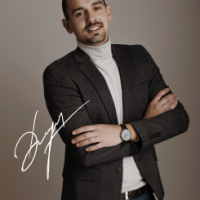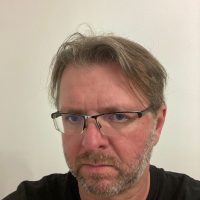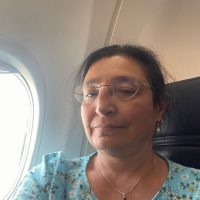
Aleksandra Karovska Ristovska
Prof. Dr. Aleksandra Karovska Ristovska was born in 1984 in Skopje. She graduated (2006) and received her master’s degree (2009) at the Faculty of Philosophy at the Ss. Cyril and Methodius University in Skopje. In September 2006 she was hired as a junior assistant at the Institute of Special Education and Rehabilitation at the Faculty of Philosophy. In August 2011 she was elected a junior teaching assistant at the same institute. She defended her doctoral dissertation on “Comparative Analysis of the American Sign Language (ASL) and the Macedonian Sign Language (MSL)” in May 2014 at the Faculty of Philosophy – UKIM, which earned her the title of Doctor of Special Education and Rehabilitation Sciences. She was elected Assistant Professor in July 2014, and Associate Professor in March 2019. From August 2018 to January 2019, she was a Fulbright Visiting Professor at George Mason University, Fairfax, Northern Virginia, USA.
She is the winner of the award for student of the generation 2002-2006 at the Institute of Special Education and Rehabilitation (Ljupco Ajdinski Foundation). She attended seminars and courses and made study visits to universities in the Netherlands, Germany, Norway, USA. During the study visit to the United States, she obtained a certificate for working with children with dyslexia using the Orton Gillingham method. She has participated in many national and international projects and is the head of the Erasmus + KA203 FAST project (Fostering Accessible Study Technologies: Accessible Learning Management System in Humanities and Social Sciences). She performs a series of activities as a member of committees of the Faculty of Philosophy (committee for information and communication technologies, committee for teaching, committee for evaluation).
She speaks English fluently and is a travel lover.
Research interests: early intervention of children with developmental delays; inclusive education; reeducation of psychomotor skills; specific learning difficulties (dyslexia, dysgraphia, dyscalculia, dyspraxia); assistive technologies.








